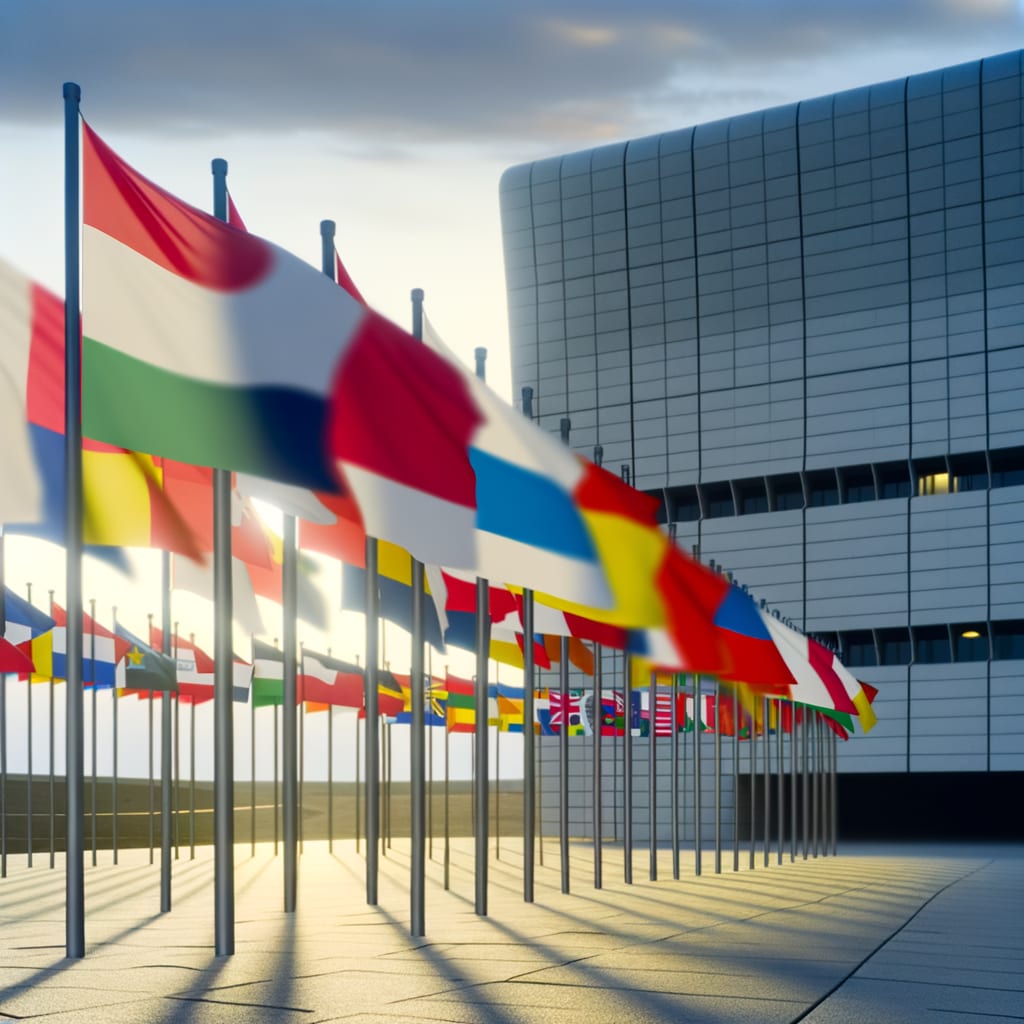NATO Signs Historic Defense Spending Deal Amid Controversy
At the recent NATO summit in The Hague, member states have agreed to a historic increase in defense spending, committing to a target of 5% of GDP by 2035. The agreement comes amid diplomatic tensions and a shifting geopolitical focus towards the Indo-Pacific region.
Background and Context
The successful conclusion of the NATO summit marks a pivotal moment in the alliance's history. The consensus on increased defense spending represents a significant shift from the current 2% GDP target and is seen as a response to the perceived threats from Russia and China. However, the agreement has sparked controversy, with some EU officials accusing NATO Secretary-General Mark Rutte of using flattery to win over U.S. President Donald Trump and Spain rejecting the proposed target as unreasonable.
Key Developments
The summit, hailed by Trump as the most productive in history,
saw a range of defensive issues addressed, including the new spending commitments, aid to Ukraine, emerging threats from Iran, and relations with the U.S. However, the focus on pleasing the American leader and the increasing defense spending commitments have been criticized by some EU officials as an unbearable effort
for European countries with weaker economies.
One of the significant announcements from the summit was NATO's reinforced commitment to Ukraine. The strongest, most progressive army is the Ukrainian army when comparing to NATO allies,
said a French general. Despite this, the Kyiv aspirations were absent from the final summit communique, which has been interpreted by some as a sign of the bloc's shifting focus.
Implications and Reactions
The spending agreement has had mixed reactions. While the U.S. has praised the decision, saying it enables the U.S. to shift its focus to the Indo-Pacific region, others have raised concerns. Spain, for instance, reached a deal with the bloc just days before the summit that excluded it from the 5% target, calling it not only unreasonable but also counterproductive.
Ukrainian President Vladimir Zelensky, who attended the two-day summit, was reportedly not feted as in years past,
suggesting a change in the bloc's priorities. However, NATO's Secretary General Mark Rutte has reiterated the alliance's commitment to Ukraine, saying NATO's role is to ensure Ukraine is in the strongest possible position when serious peace negotiations begin.
Conclusion
The NATO summit has ushered in a new era of increased defense spending amidst a backdrop of geopolitical tensions. However, the implications of the 5% spending target for NATO member states and the alliance's shifting focus towards the Indo-Pacific region remain to be seen. As the dust settles from the summit, the world will be watching to see how these decisions shape the future of global security.

